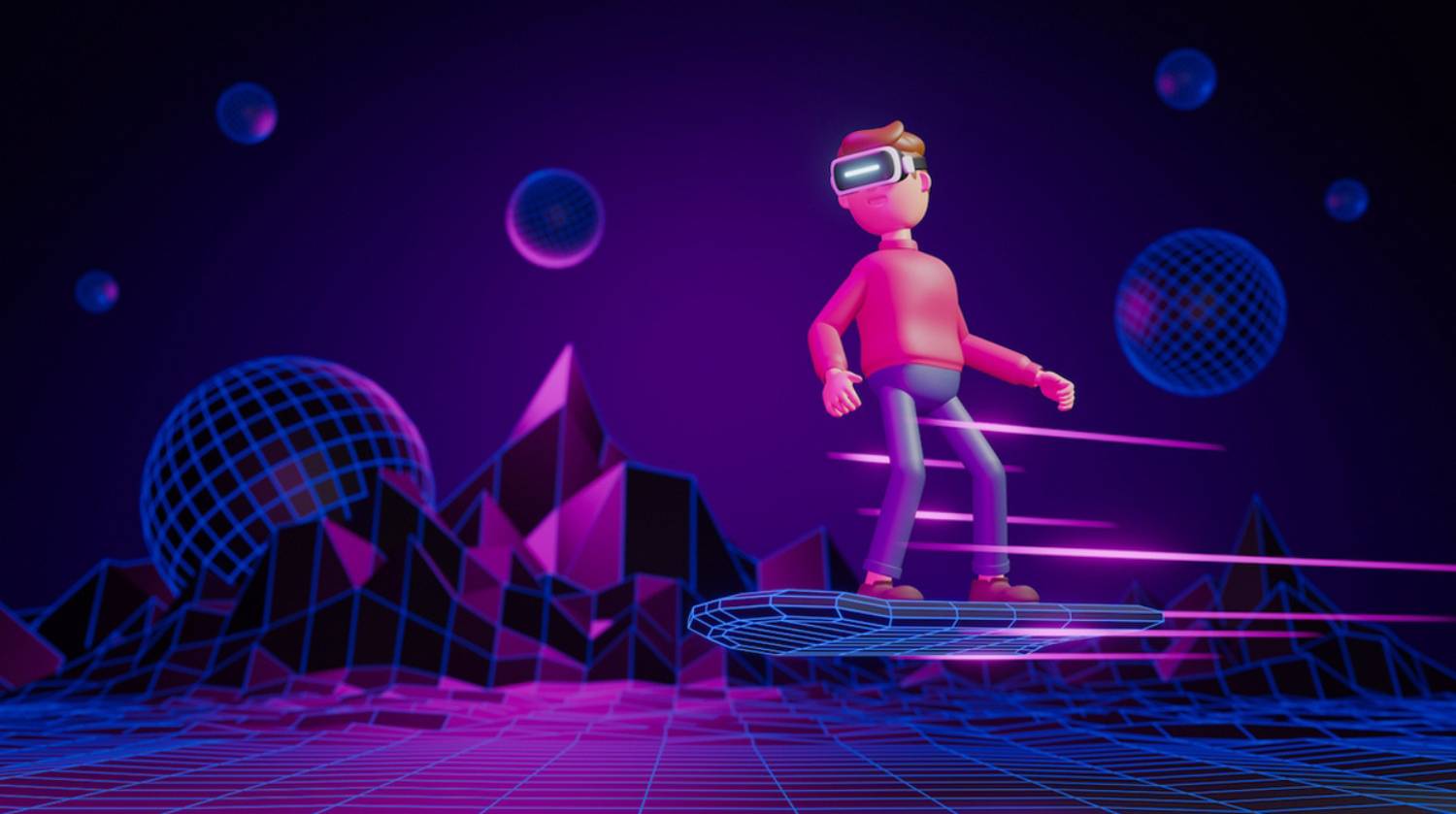Can tech rewrite us wrong? TBWA calls for a healthier tech-human balance
Technology has transformed the way we communicate, work, and see the world. Although there are clear benefits, we should also beware the risks.

Technology provides services that people could only dream about decades ago. We can connect to our loved ones in an instant, work from anywhere, and outsource tasks to robots.
However, as technology becomes more immersive and integrated into the most personal aspects of people's lives, people start thinking of the risks that come along.
A majority of people are concerned about the direction new technology is headed, revealed a survey by Backslash, the cultural intelligence unit of TBWA\Worldwide.
Part of a new e-zine, the survey found that more than 80% of respondents agree that technology saves them time or money and makes them more productive, 51% say that screen time negatively affects their physical and mental health.
“Where personal technology once was simply external hardware that helped us navigate the world, it has now become our world. We live in tech. Work in it. Play in it,” says Backslash's Director of Cultural Strategy, Cecelia Girr.

Although people always doubted new technologies before eventually adopting them, the time between those two phases is shrinking. While there are pros to such speedy innovation, it seems society is becoming more concerned with negative consequences.
According to Backslash's research, only 30% of people say tech's benefits outweigh the negative consequences.
The research authors claim that while there seems to be no shortage of devices helping optimize our health, the amount of screen time actually makes us unwell.
The Metaverse element
As the physical and digital worlds come together in the metaverse, a survey by Statista showed that users appreciate certain features of the metaverse.
One is that it can provide them the possibility to overcome obstacles that prevented them from doing something in real life. Other perceived benefits include enhancing creativity and imagination, and the opportunity to travel the world without moving.

Technology development has undoubtedly transformed our lifestyles and ways of communication, and there are two sides to the coin.
In response, Backslash calls for a future where we would treat our take intake more like food intake - taking greater care to understand how it affects our well-being.
Possible solutions include anti-addiction features for platforms, health ratings for apps and content, and closer collaborations between health experts and big tech.
"With every company now a tech company, this isn't about putting the onus on a single industry. Every business will have a role to play in rebalancing our relationship with technology, and it starts with creating digital experiences that enrich instead of exploit," says Alyson Stevens, TBWA\Worldwide's Head of Connected Intelligence.

While the e-zine primarily focuses on implications for brands, Backslash is also asking readers to consider how their own actions are shaping the future of technology.
To do that, it has partnered with award-winning innovation agency dotdotdash to create a digital experience that helps participants unpack their personal relationship with technology.
Enter the simulation here to find out where you stand.
Save time and money when producing high-quality bespoke content for your markets. ContentGrow helps marketing teams work with perfectly matched content creators at preferred rates. Sign up to get your campaign started or book a quick call with our team to learn more.





